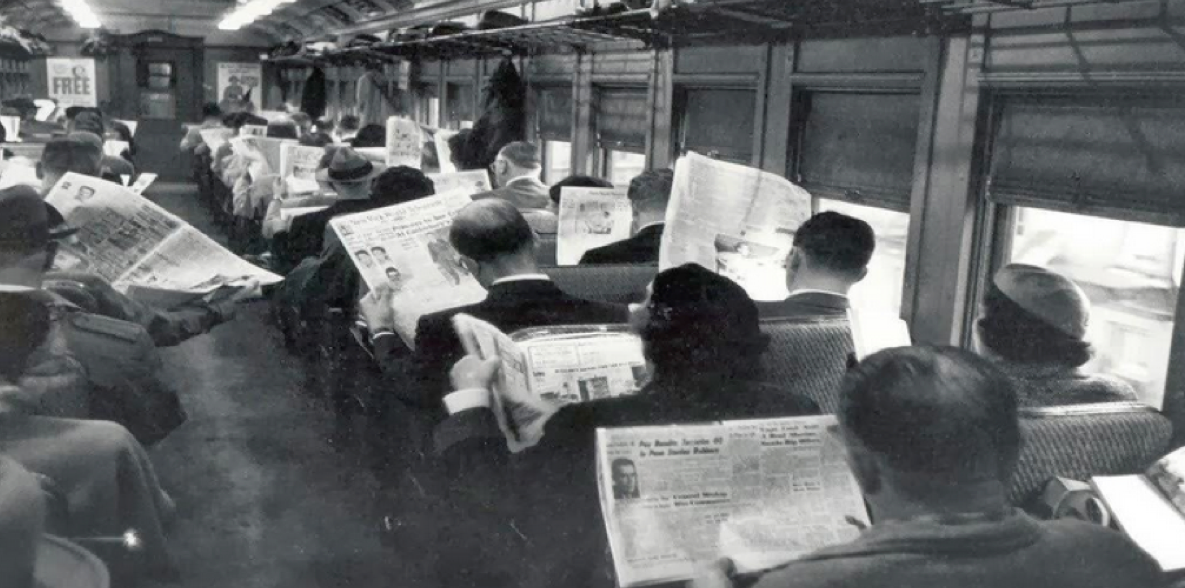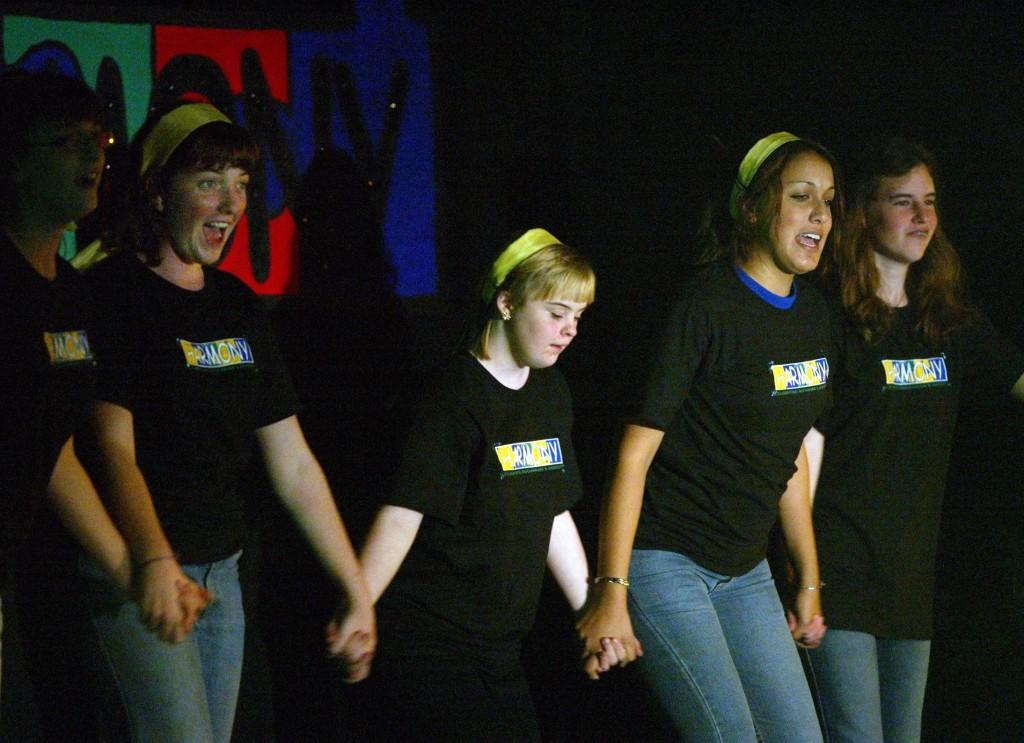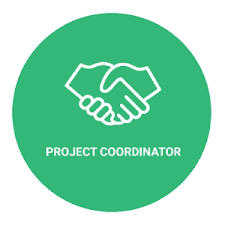This blog post represents a new challenge and series. I hope to release a series of posts each representing an oath that I believe all educators should take. This is 21st Century Educator Oath #1: Defend Young People…..
One does not have to travel very far, or pay attention for very long, to hear some adult (older person) make a disparaging remark about a young person. I hear it almost every day and sadly often from educators. It’s a litany of young people attacks such as calling them “lazy,” “irresponsible,” “selfish,” “immature,” and so on. One can also hear continuous criticisms of their music, dress, language and more. It’s not only a pattern that repeats, but it almost seems to be an obligation. I know my dad has these criticisms about myself and my peers at times and I can guarantee that his dad did about him as well. I have continuously worked hard to not fall into this trap as I have gotten older.



After almost three decades of of working with young people in six high schools and many other environments, I’m here to dispel and refudiate this notion that young people are anything less than their parents or grandparents. Indeed, I actually think each generation gets better….not worse.
When I graduated from high school in the early 80’s, I had never heard about or witnessed a peer of mine volunteer to do community service. It would have been a foreign suggestion. Less that 20 years later, I watched as hundreds of students I worked with created charity events, started new charitable organizations, raise money and awareness and so much more.
And that’s just the beginning. I have now seen young people own their own companies, become activists, be community leaders and truly impact their environments. They have their own websites, blogs, recording studios, non-profit groups and more. If one looks closely at all, you could be and should be amazed at what young people are doing. They are presenting, creating and communicating at levels that my generation never touched at that age (or maybe any age). In addition to exercising what seems to be our generational duty, I think we often say and do these things because we don’t understand young people - and maybe we don’t want to. Older folks see things they don’t understand (again cultural things) and then criticize, minimize, and even ostracize. We remember things one way and anything that deviates from that self-established norm is bad. We then attach this to all that they do and simplify them in terms like “no work ethic.”
 Every time I have put young people to the test, they not only have met my expectations, but far exceeded them. When I taught media classes in the early 1990s to high schoolers, they took all challenges to heart including, but not limited to more frequent publishing, more diversity in voice, more tech integration, more community outreach, more student voice and more varied formats. When I taught leadership and service learning, they took on every school and community challenge I could articulate. For example, when our school was being investigated by the Office of Civil Rights about campus acts of racism, they created HARMONY - the Diversity Talent Show (see more info at http://bit.ly/BeyondTolerance). They also included Special Needs students in all school wide events, raised thousands of dollars for local and regional charities, donate more blood than any other demographic and YOU GET THE IDEA.
Every time I have put young people to the test, they not only have met my expectations, but far exceeded them. When I taught media classes in the early 1990s to high schoolers, they took all challenges to heart including, but not limited to more frequent publishing, more diversity in voice, more tech integration, more community outreach, more student voice and more varied formats. When I taught leadership and service learning, they took on every school and community challenge I could articulate. For example, when our school was being investigated by the Office of Civil Rights about campus acts of racism, they created HARMONY - the Diversity Talent Show (see more info at http://bit.ly/BeyondTolerance). They also included Special Needs students in all school wide events, raised thousands of dollars for local and regional charities, donate more blood than any other demographic and YOU GET THE IDEA.

 At my last high school, students again took it to the next level. They became Student Project Coordinators where they co-taught and co-facilitated classes with their teachers. They were part of every interview or hiring committee. They helped create school policy, traditions, assessments, public presentations, school logos, school website and social media content and a long list of things that many said students shouldn’t and couldn’t do.
At my last high school, students again took it to the next level. They became Student Project Coordinators where they co-taught and co-facilitated classes with their teachers. They were part of every interview or hiring committee. They helped create school policy, traditions, assessments, public presentations, school logos, school website and social media content and a long list of things that many said students shouldn’t and couldn’t do.
 I’m well aware that young people have many challenges today. However, that’s not a new issue. Maybe some of the challenges are new, or more intense. But many are also part of being young. At the same time, most educators acknowledge that young people have tremendous resilience. We all know dozens of students, who despite all odds against them, not only survive, but thrive.
I’m well aware that young people have many challenges today. However, that’s not a new issue. Maybe some of the challenges are new, or more intense. But many are also part of being young. At the same time, most educators acknowledge that young people have tremendous resilience. We all know dozens of students, who despite all odds against them, not only survive, but thrive.
Meanwhile, what can we all do to fight this tendency or typical generational tendency to berate youth? Well, if you’re an educator, I think it’s your duty to fight for young people and always find the best in young people. If you work with them, it shouldn’t be too hard. So, not only find it, but promote it, celebrate it and appreciate it. And for those that are not fortunate enough to work with young people, they need to be educated. Next time you hear the negative, don't be afraid to share the positive. Not only are our young people our future leaders, they are leading earlier and better all the time.
Whether you’re an educator or bystander, check yourself. One, make sure you’re not falling prey to the generational tendency to criticize the younger generation. And two, make sure you’re not putting down anyone because of something you just don’t understand. Our young people and students deserve our respect and trust. If we don’t demonstrate our faith in them, we could be limiting them in so many ways. Believing in students is fundamental to their development. Don’t believe the hype. They not only have work ethic, but a whole lot more.
 If you have read this far, do one more thing. Take an oath, to yourself and us however you like that you will DEFEND ALL YOUNG PEOPLE WHENEVER YOU CAN.
If you have read this far, do one more thing. Take an oath, to yourself and us however you like that you will DEFEND ALL YOUNG PEOPLE WHENEVER YOU CAN.
One does not have to travel very far, or pay attention for very long, to hear some adult (older person) make a disparaging remark about a young person. I hear it almost every day and sadly often from educators. It’s a litany of young people attacks such as calling them “lazy,” “irresponsible,” “selfish,” “immature,” and so on. One can also hear continuous criticisms of their music, dress, language and more. It’s not only a pattern that repeats, but it almost seems to be an obligation. I know my dad has these criticisms about myself and my peers at times and I can guarantee that his dad did about him as well. I have continuously worked hard to not fall into this trap as I have gotten older.
(photos courtesy of Joe Sanfelippo)
After almost three decades of of working with young people in six high schools and many other environments, I’m here to dispel and refudiate this notion that young people are anything less than their parents or grandparents. Indeed, I actually think each generation gets better….not worse.
When I graduated from high school in the early 80’s, I had never heard about or witnessed a peer of mine volunteer to do community service. It would have been a foreign suggestion. Less that 20 years later, I watched as hundreds of students I worked with created charity events, started new charitable organizations, raise money and awareness and so much more.
And that’s just the beginning. I have now seen young people own their own companies, become activists, be community leaders and truly impact their environments. They have their own websites, blogs, recording studios, non-profit groups and more. If one looks closely at all, you could be and should be amazed at what young people are doing. They are presenting, creating and communicating at levels that my generation never touched at that age (or maybe any age). In addition to exercising what seems to be our generational duty, I think we often say and do these things because we don’t understand young people - and maybe we don’t want to. Older folks see things they don’t understand (again cultural things) and then criticize, minimize, and even ostracize. We remember things one way and anything that deviates from that self-established norm is bad. We then attach this to all that they do and simplify them in terms like “no work ethic.”
Meanwhile, what can we all do to fight this tendency or typical generational tendency to berate youth? Well, if you’re an educator, I think it’s your duty to fight for young people and always find the best in young people. If you work with them, it shouldn’t be too hard. So, not only find it, but promote it, celebrate it and appreciate it. And for those that are not fortunate enough to work with young people, they need to be educated. Next time you hear the negative, don't be afraid to share the positive. Not only are our young people our future leaders, they are leading earlier and better all the time.
Whether you’re an educator or bystander, check yourself. One, make sure you’re not falling prey to the generational tendency to criticize the younger generation. And two, make sure you’re not putting down anyone because of something you just don’t understand. Our young people and students deserve our respect and trust. If we don’t demonstrate our faith in them, we could be limiting them in so many ways. Believing in students is fundamental to their development. Don’t believe the hype. They not only have work ethic, but a whole lot more.
Thanks for the great content. It is nice to go through the process at a high level.
ReplyDeletepostal address change online